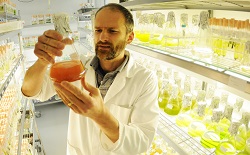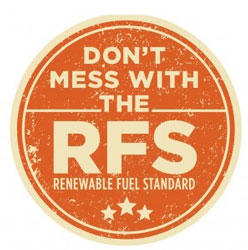E15 will be a hot topic at the upcoming American Coalition for Ethanol Conference next week. The topic of how higher blends can help fuel retailers to succeed will be discussed during a panel in Omaha, Nebraksa August 19-21. Panelists include Todd Garner, CEO of ProTec Fuel and Jim Pirolli, VP of Fuels for Kum & Go. The August 20th dialogue will delve into the sale and handling of E15 and flex fuels.
 Also scheduled to speak August 20th is Kristi Moriarty, one of the authors of a National Renewable Energy Laboratory (NREL) report investigating the true costs of E15 fueling infrastructure.
Also scheduled to speak August 20th is Kristi Moriarty, one of the authors of a National Renewable Energy Laboratory (NREL) report investigating the true costs of E15 fueling infrastructure.
“The ethanol industry needs to understand the challenges facing fuel retailers who want to sell more ethanol-blended fuels. Last year’s conference presentation by single-station and small chain operators received overwhelmingly positive reviews, so we’re providing this year’s attendees with two additional perspectives from the ‘downstream’ fuel marketplace,” explained ACE Senior VP Ron Lamberty.
“Kum & Go is a large c-store retail chain with a history of leadership with E85, that can tell us why adding E15 isn’t as simple as decaling pumps and dropping fuel in the tank. ProTec is a fuel distributor with an interesting approach to expanding the availability of E15 and flex fuels by providing retailers with ethanol-blended fuels and the equipment needed to sell them,” he continued.
“And, Lamberty added, “on the topic of ‘equipment needed to sell E15,’ we’re excited to have NREL present their recent authoritative study on that very subject. It’s good news for fuel marketers, but fuel marketer groups seem strangely unhappy their $400,000 per store cost predictions have been proven wildly inaccurate.”
The theme of the August 19-21 ACE Conference is “Quiet Ingenuity, Bold Advance.” The event will also feature a talk on technology and advanced biofuel innovations involving Ray Defenbaugh, President and CEO of Big River Resources LLC, Delayne Johnson, CEO of Quad County Corn Processors, and Jeff Oestmann, President and CEO of East Kansas Agri-Energy, LLC, a progress report on ethanol and DDGs exports, ethanol plant board member training, and much more.










